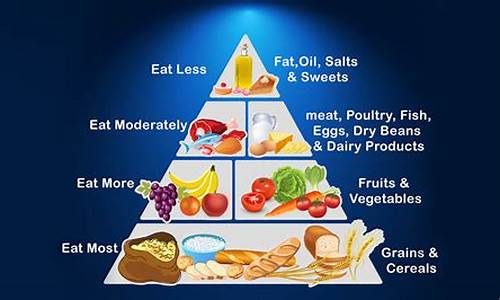A healthy metabolism is essential for overall well-being, as it controls the chemical reactions in the body that convert food into energy. Nutrients play a key role in supporting these metabolic processes. This article will explore the key nutrients required to maintain a healthy metabolism, including vitamins, minerals, proteins, and other vital components that contribute to energy production and efficient metabolic functioning.
Essential Nutrients for Metabolism
The body requires several essential nutrients to keep metabolism functioning optimally. These include carbohydrates, fats, proteins, vitamins, and minerals. Carbohydrates provide the body with glucose, the primary energy source for metabolic activities. Fats are also vital for storing energy and supporting cell function, while proteins help build and repair tissues and enzymes that regulate metabolism.
Vitamins and Minerals That Support Metabolism

Certain vitamins and minerals play a crucial role in metabolic processes. Vitamin B-complex, including B1 (thiamine), B2 (riboflavin), B3 (niacin), and B12, is essential for converting food into energy. Magnesium and zinc are also necessary for enzymes involved in energy production. Iron supports the oxygen-carrying capacity of blood, which is vital for energy metabolism.
Protein’s Role in Metabolism
Proteins are indispensable in boosting metabolism. They help to build lean muscle mass, which in turn increases the body’s metabolic rate. Moreover, protein-rich foods require more energy to digest, leading to an increase in calorie expenditure. Incorporating lean meats, legumes, and dairy into your diet can help maintain a healthy metabolism.


Healthy Fats and Their Impact on Metabolism
While fats have often been misrepresented as unhealthy, certain types of fats are vital for proper metabolic function. Omega-3 fatty acids, found in foods like salmon and flaxseeds, help regulate fat metabolism and support healthy hormone production. These fats can also reduce inflammation, further promoting efficient metabolic processes.
Hydration and Its Connection to Metabolism
Water is another essential component that supports metabolism. Proper hydration is necessary for the transport of nutrients, the elimination of waste, and the maintenance of cellular function. Dehydration can slow down metabolic processes, making it important to drink enough water throughout the day.
Conclusion
Maintaining a healthy metabolism requires a balance of various nutrients, including carbohydrates, proteins, healthy fats, vitamins, and minerals. A well-rounded diet rich in these nutrients, along with proper hydration, supports efficient metabolic processes and overall health. By understanding the role of these nutrients, individuals can make informed dietary choices that enhance their metabolic function and well-being.
